Although a diverse ecosystem can certainly be an asset when it comes to agriculture, an excessive presence of weeds on the cultivation land can pose a threat to agricultural crops, as these can compete with plants for water, light and nutrients, reducing their growth and productivity. However, the fight against weeds it can be difficult to deal with organically, as many weed control techniques are based on the use of chemicals harmful to the environment and human health.
If we talk about biological struggle, then the task becomes more difficult, but not impossible. The combination of different techniques can help reduce the presence of these herbs in crops and maintain a healthy and sustainable environment. It is therefore important to choose which type of biological control best suits the specific needs of your crop and soil, and to use it responsibly and sustainably to ensure the long-term success of your crop.
In this article, we will explore some of the techniques of biological control against weeds which can be used successfully in organic farming.
Eliminate weeds with ground cover
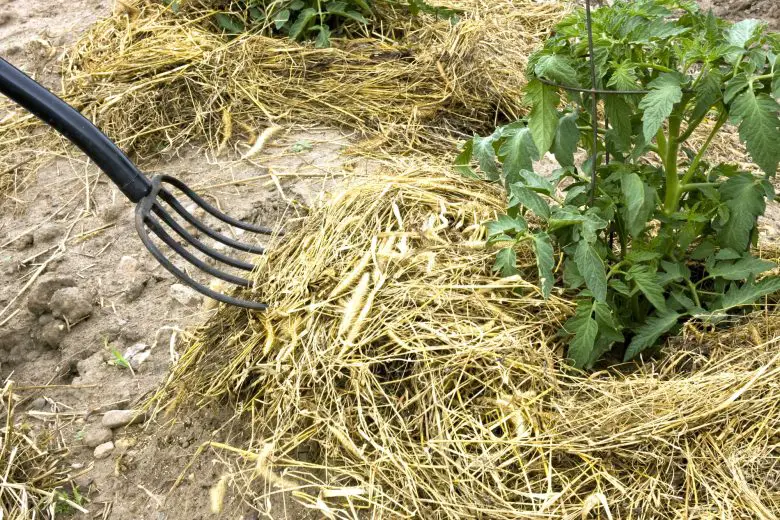
There ground cover, or mulchis a biological control technique against weeds which consists in keeping the ground covered by organic materials such as haythe leaves or the home compost. This prevents weeds from sprouting, reducing their growth and spread. In addition, ground cover helps retain moisture in the soil and maintain an even temperature, which promotes the growth of crop plants. Soil mulching can also be done with artificial materials, more or less of natural origin. For example, very effective is the mulching with woolinteresting as completely natural the mulching with jutemore suitable for large extensions la mulching with cloths.
Crop rotation to reduce weeds over time
Crop rotation is an agricultural practice which involves growing different plants on a plot of land for several consecutive years. This practice helps reduce the presence of weeds, as each crop needs different nutrients and environmental conditions, preventing weeds from adapting. Furthermore, crop rotation helps improve soil fertility and prevent the spread of plant diseases.
Remove weeds with mechanical control
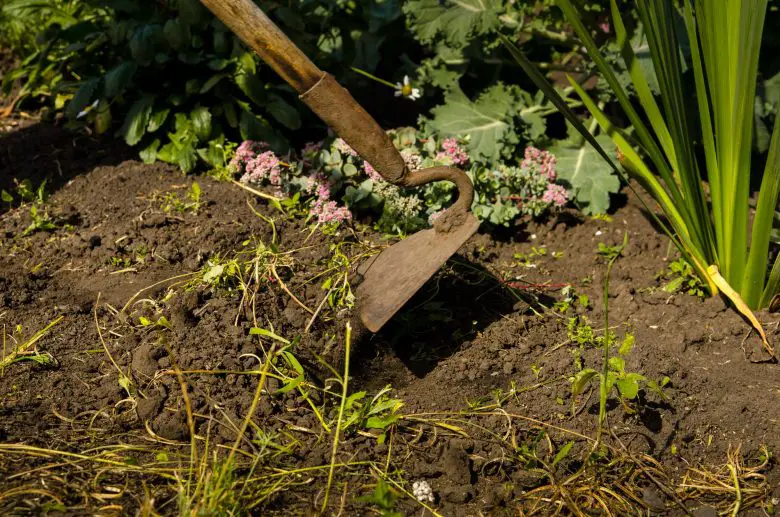
The mechanical weed control, typically called weeding, is a technique that involves the use of manual or mechanical tools to remove weeds from the ground. This technique can include manually removing unwanted weeds, using tools such as a hoe or hoe clod-breaker-weeder, or the use of heavier machines such as lawn mowers. By doing this, weeds can be controlled in small areas or removed before they produce seeds.
Keep weeds under control with the use of animals
Using animals such as sheep or goats can be an effective method of biologically controlling weeds. These animals eat weeds, reducing their growth and spread. Furthermore, animal feces provide nutrients to the soil, improving its fertility.
Which organic products get rid of weeds?
The use of organic products such aspelargonic acid can be an effective way to control weeds biologically. This product is based on natural compounds and is non-toxic to the environment and human health. It can be used in accordance with the organic farming regulations. However, it is important to use it in moderation and only when necessary, as even organic products can have negative effects on the environment if used excessively.
Other techniques for weed control
Those illustrated are the most common techniques or means to keep weeds under control. In agricultural practice, however, the study of agronomic techniques and innovative means is very interesting. For example, the technique of false sowing it allows weeds not to grow in a certain sense by deceiving nature with an early (false) sowing before the main cultivation. Among the means, however, it is worth mentioning the flame weeding which uses the power of heat to keep weeds under control, even in the hardest to reach places.


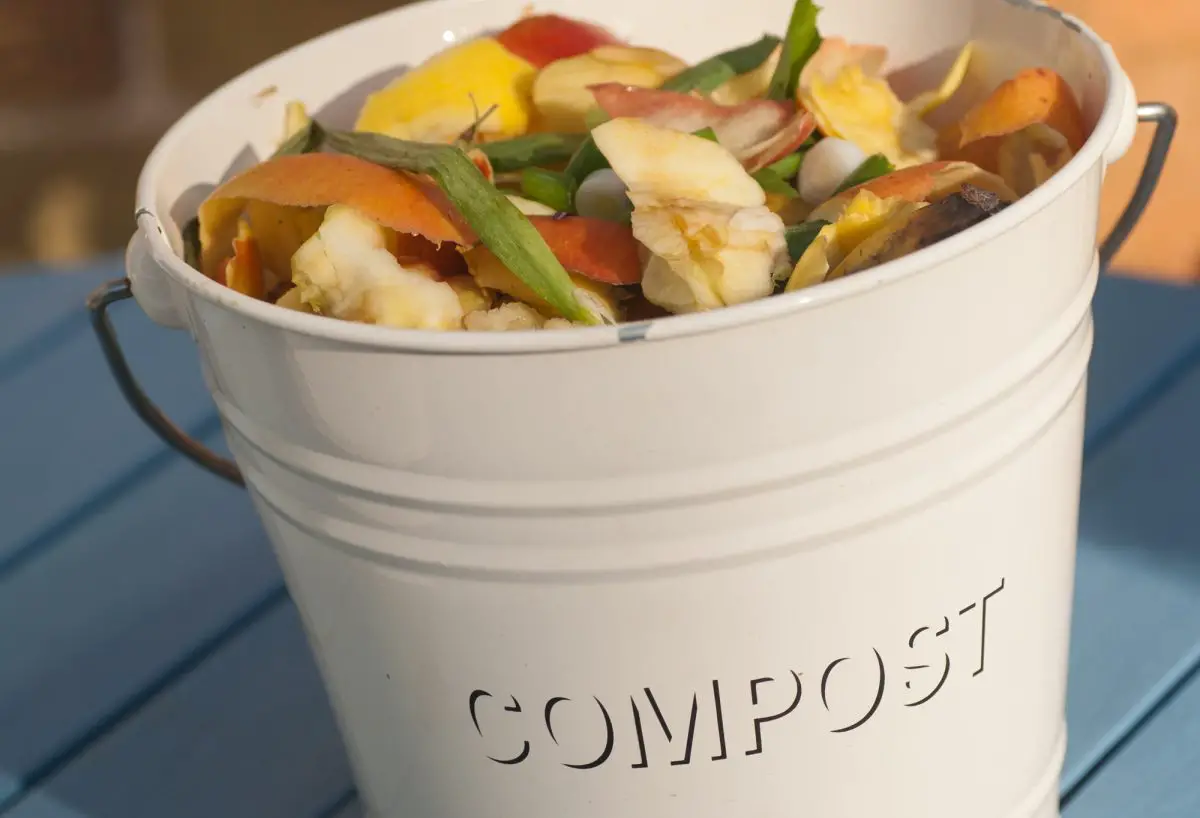
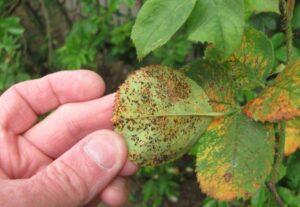

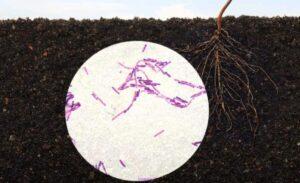
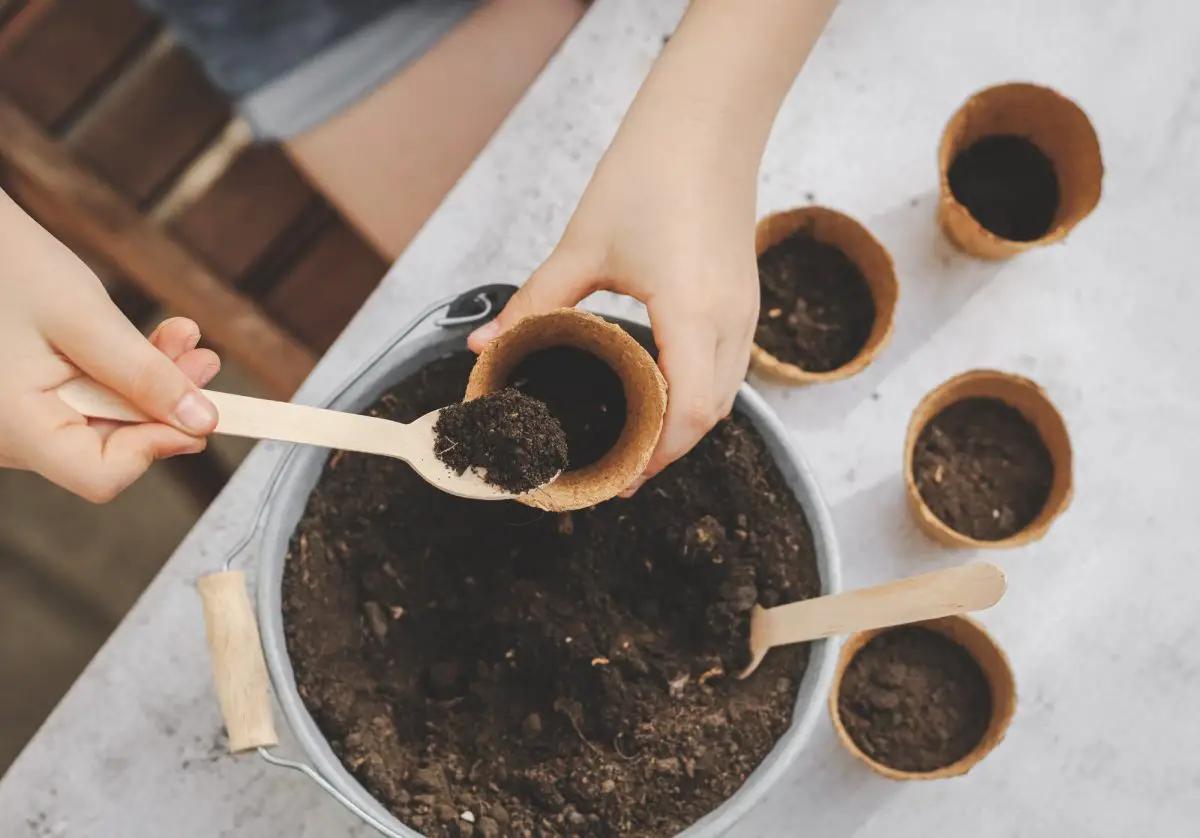
Start a new Thread